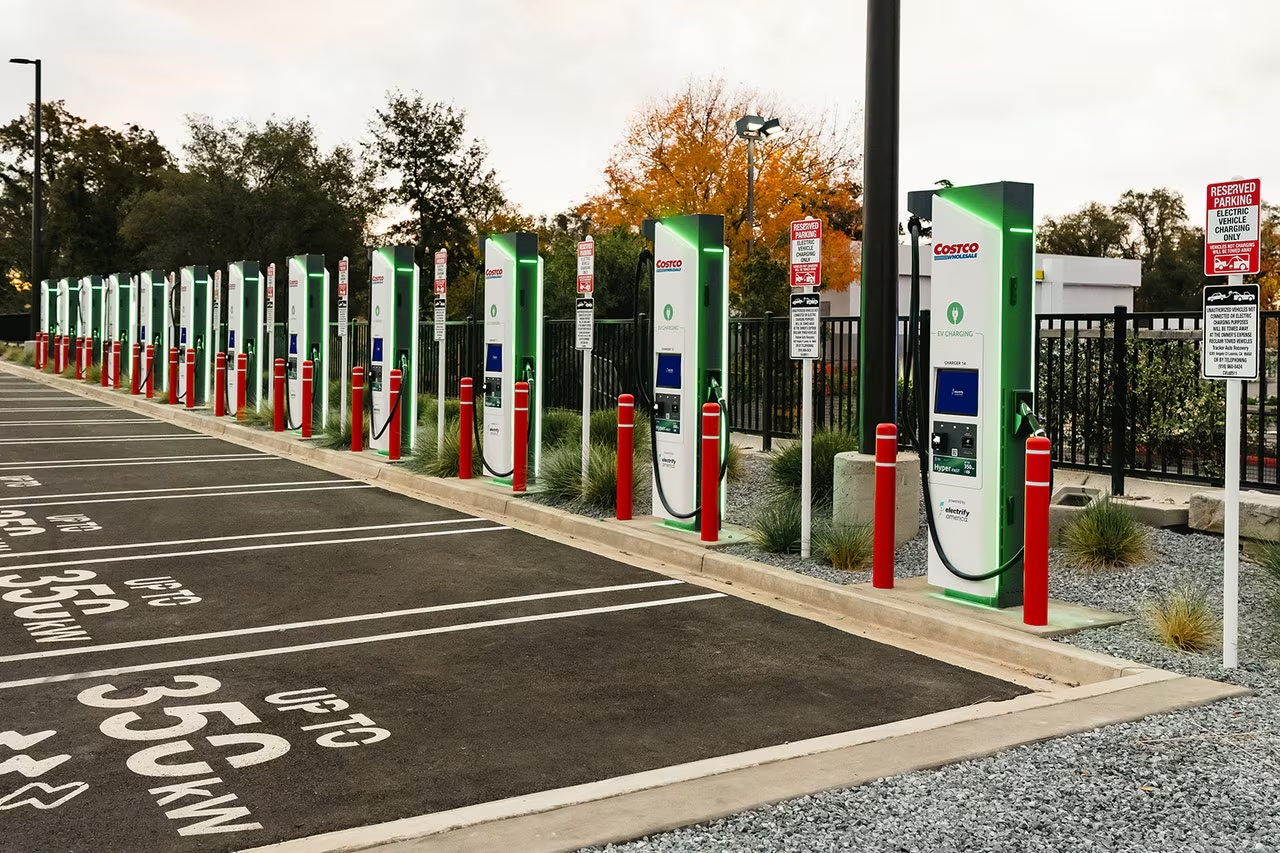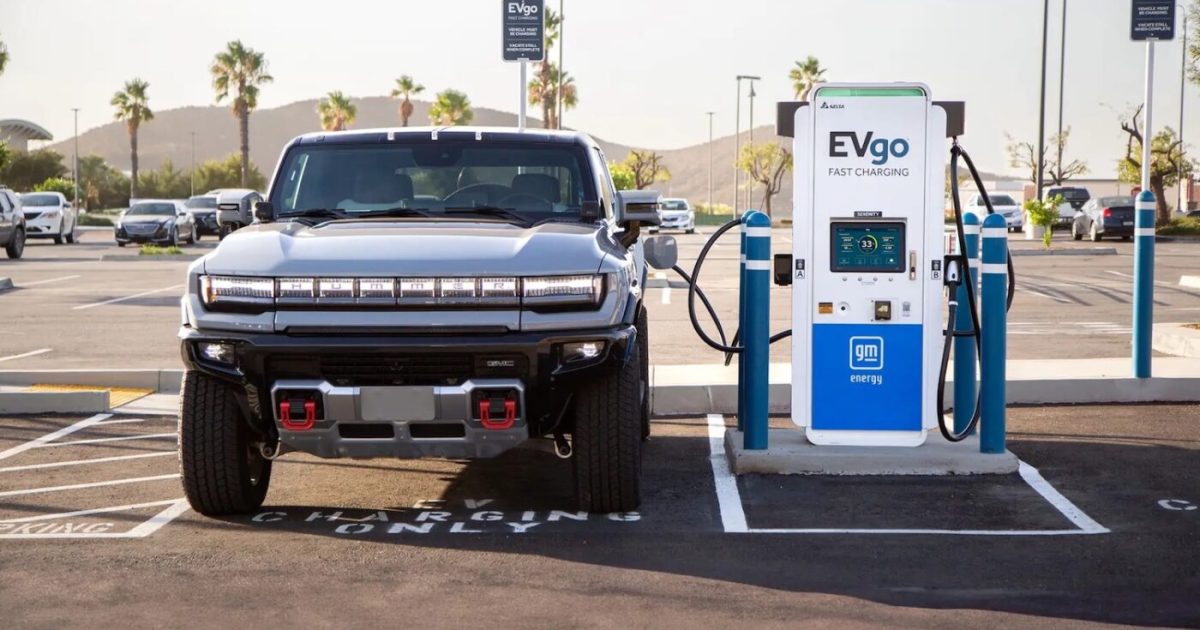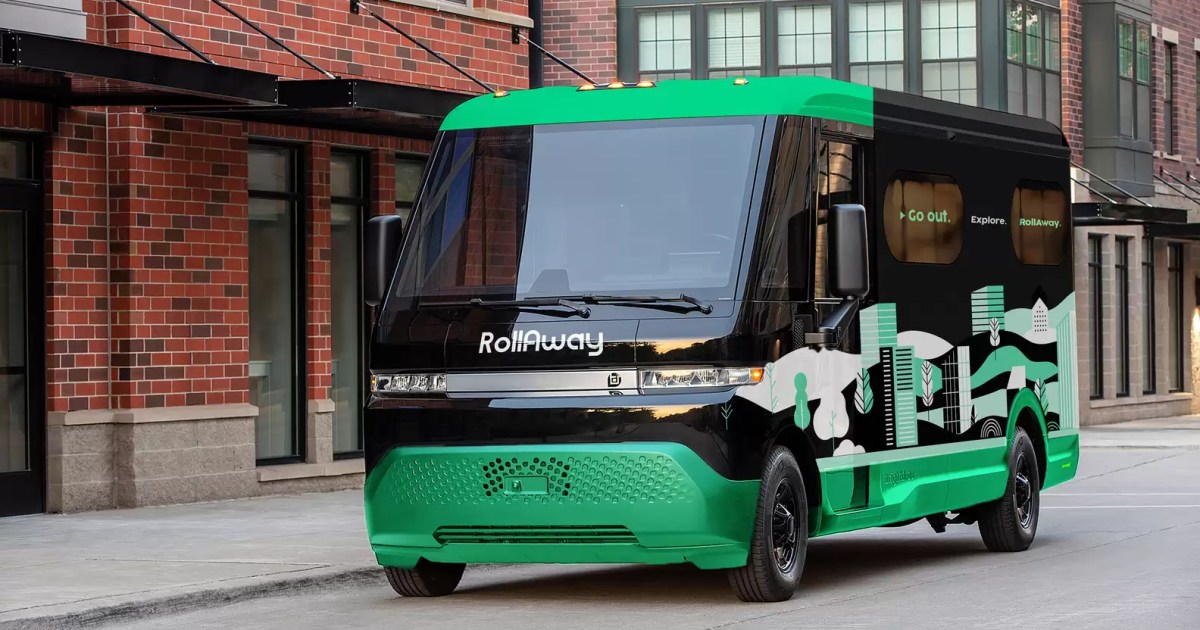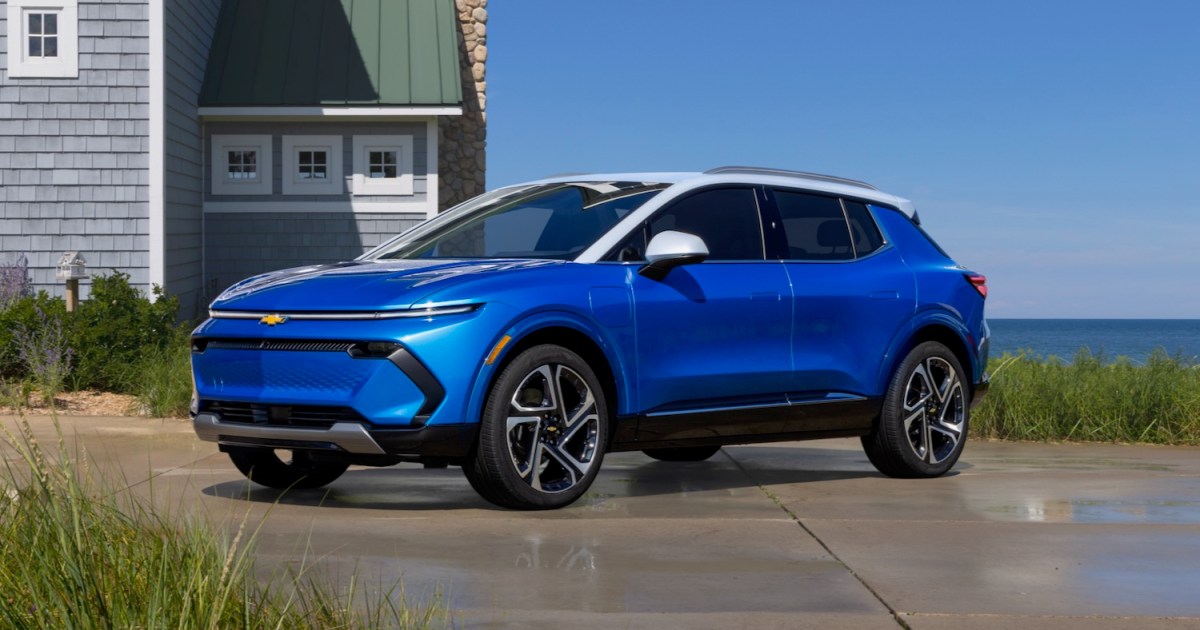Just a month and a half ago, Tesla CEO Elon Musk dismissed the idea of a $25,000 Tesla as “pointless” and “silly,” focusing investor attention on the newly released robotaxi. However, recent meetings between Tesla’s head of investor relations, Travis Axelrod, and Deutsche Bank analysts suggest a different story. A new, more affordable Tesla model, tentatively dubbed “Model Q,” is reportedly slated for a 2025 launch with a price tag under $30,000, including subsidies.
Decoding the “Model Q” Price Point
This sub-$30,000 price point, inclusive of the current $7,500 federal tax incentive, translates to a potential pre-incentive price of $37,499. Given the incoming Trump administration’s reported plans to eliminate this incentive, Musk’s earlier dismissal of a cheaper model might have been strategically worded. As a close advisor to President-elect Trump, Musk has even endorsed the incentive’s removal, predicting a “devastating” impact on Tesla’s competitors.
Affordable Tesla: A Long-Awaited Arrival
The concept of a more budget-friendly Tesla has been circulating since 2020, with expectations of a model even cheaper than the Model 3. Interestingly, the base Model 3 currently lists for under $30,000 with incentives on Tesla’s U.S. website.
“Model Q”: Features and Form Factor Remain a Mystery
Beyond the projected price and launch timeframe, details about the “Model Q” remain scarce. The Deutsche Bank report, echoing Axelrod’s presumed silence on the matter, offers no specifics regarding the vehicle’s features.
A Compact Crossover? Clues from Earlier Reports
Earlier this year, Reuters reported Tesla’s development of a compact crossover, targeting a 2025 production start. Subsequent reports in May hinted at this model resembling a “slimmed-down” version of the Model Y.
“Model Q”: Potential Game-Changer or Strategic Maneuver?
While the “Model Q’s” potential impact on the EV market remains to be seen, its development underscores Tesla’s ambition to broaden its reach and capture a larger share of the increasingly competitive electric vehicle landscape. The strategic implications of this potential new model, coupled with the uncertain future of federal EV incentives, promise an interesting chapter in the ongoing evolution of the electric car market.










